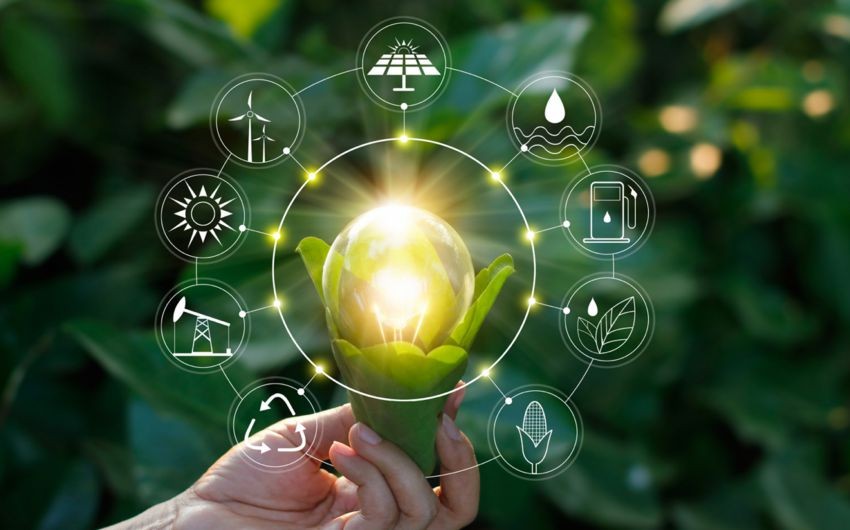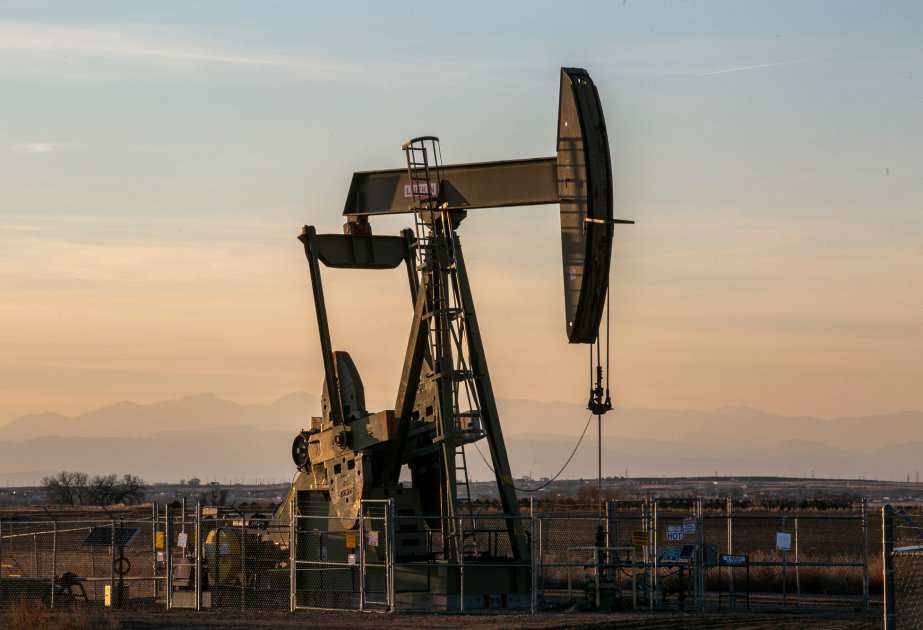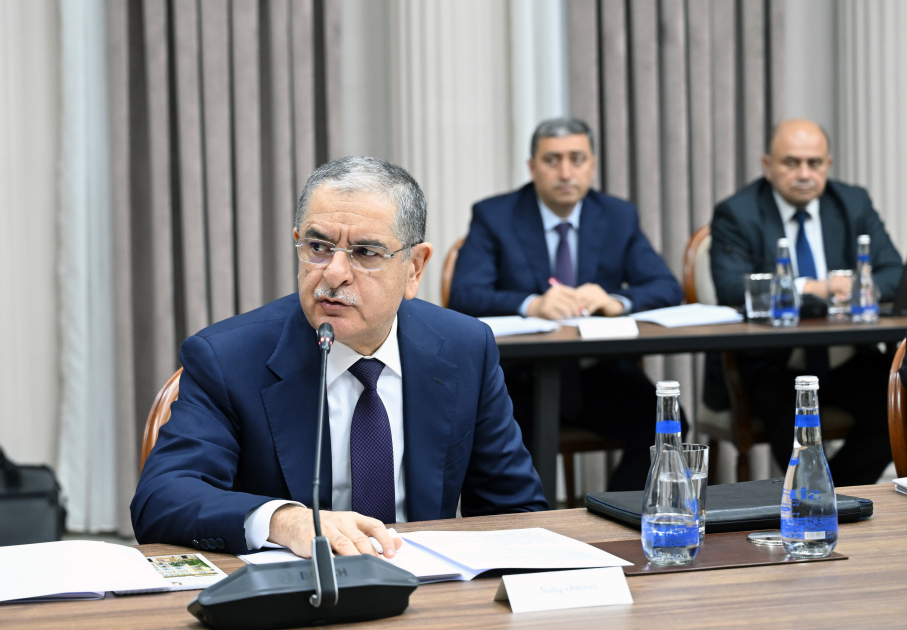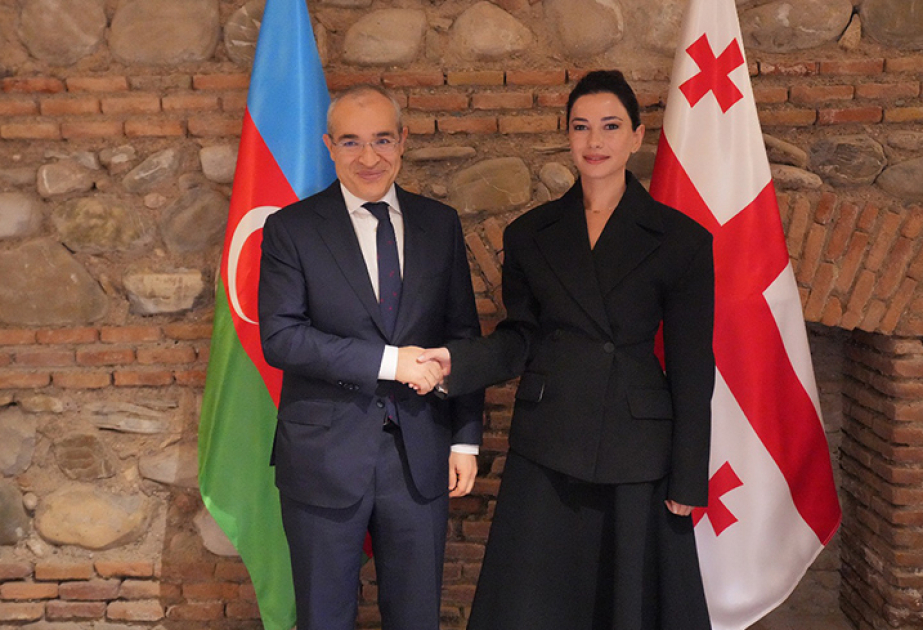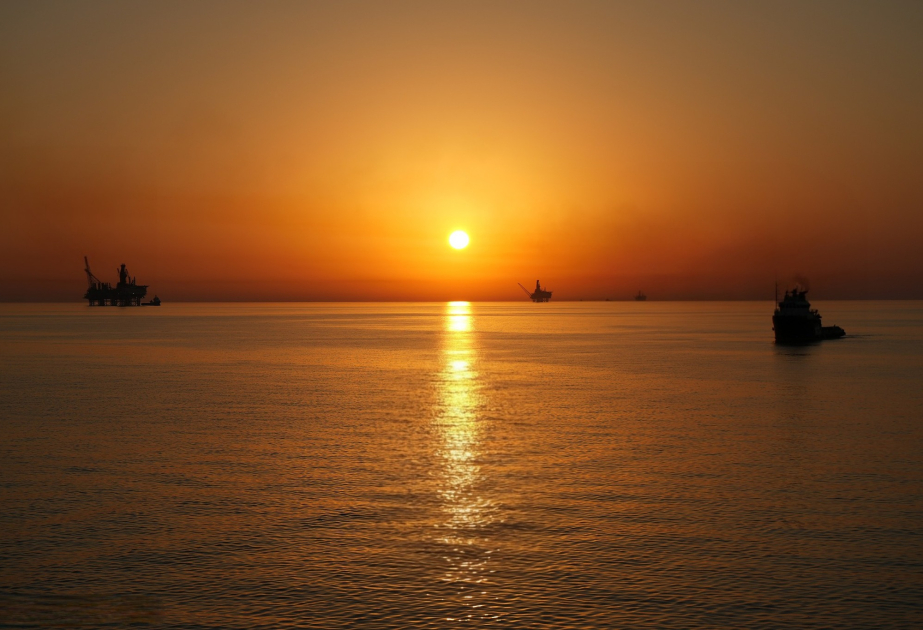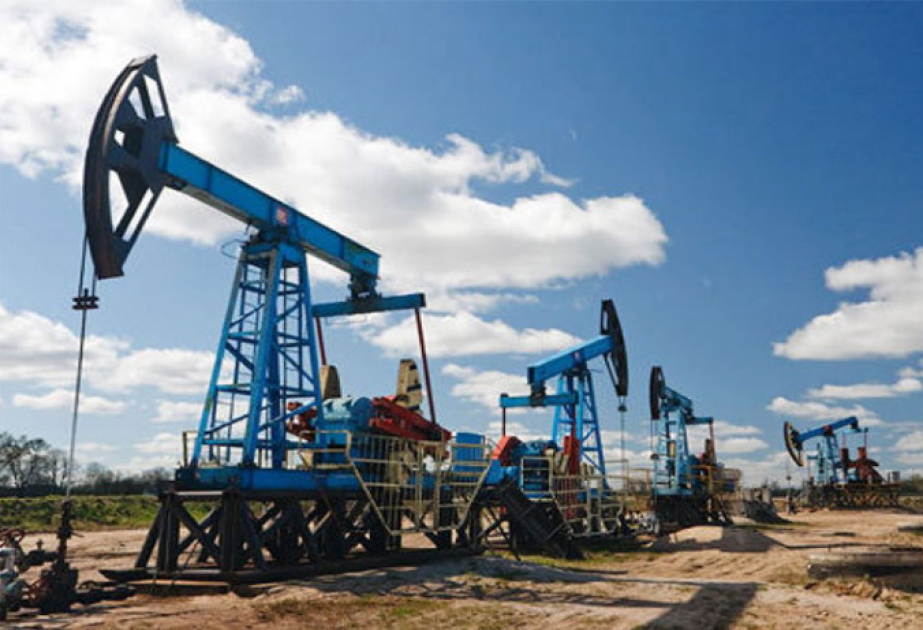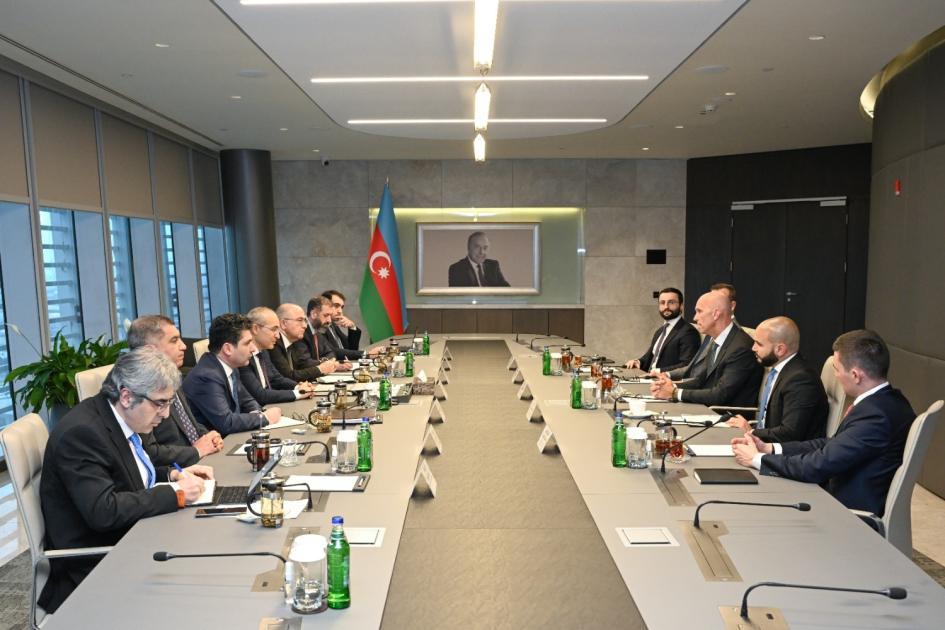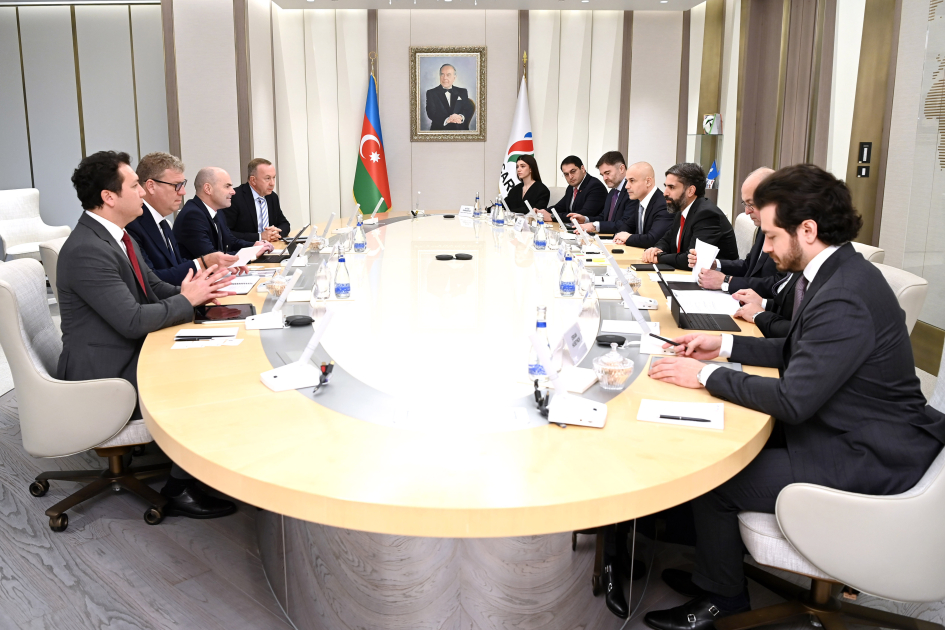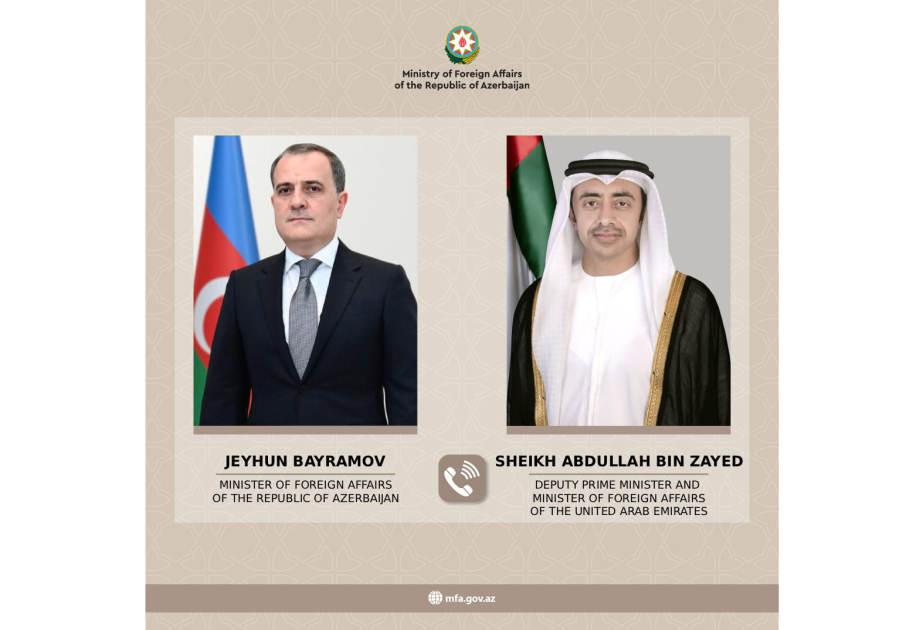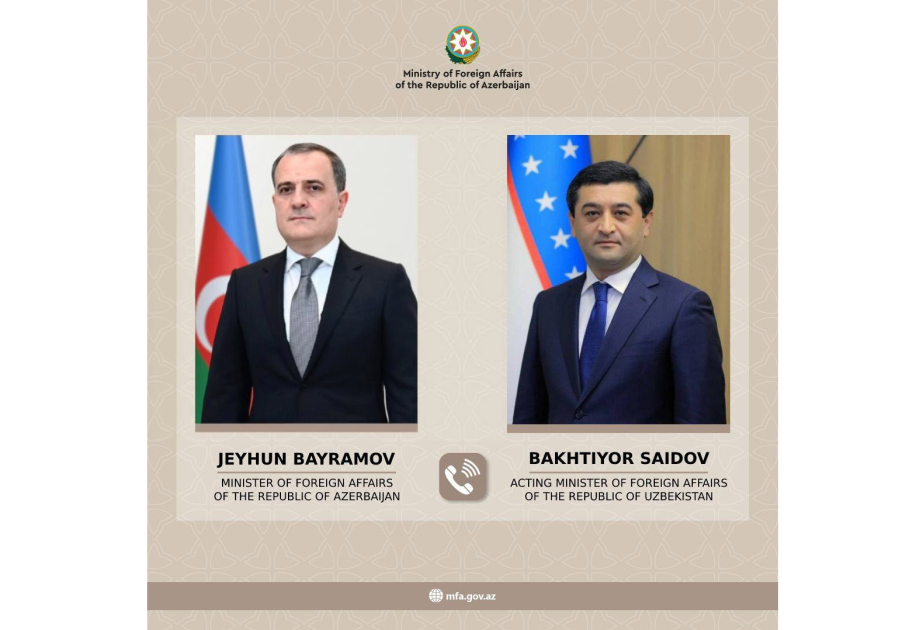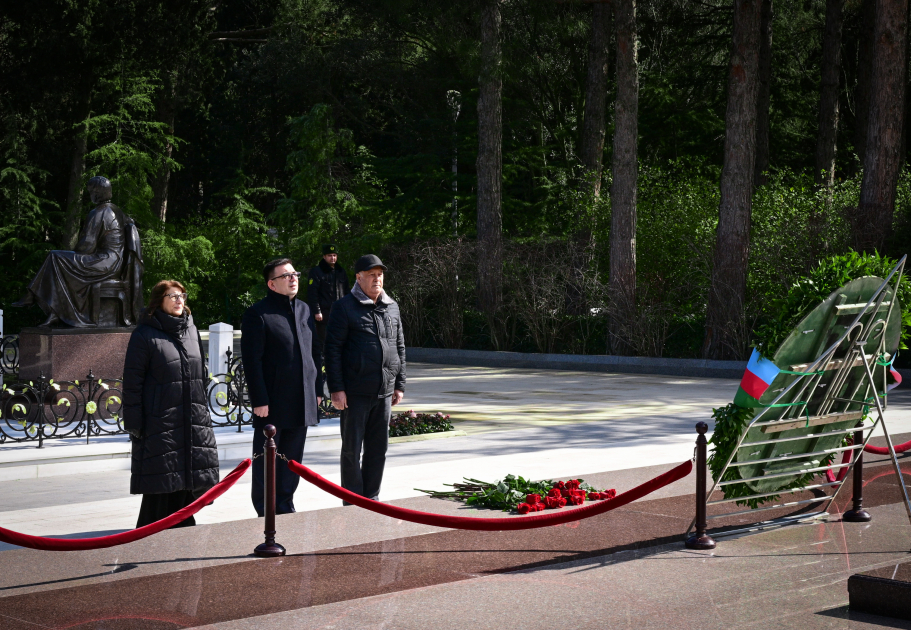If poor countries can prove their efforts to reduce emissions, adapt to climate crisis impacts, and account for any climate finance received, developed countries will have fewer excuses to withhold climate finance from them, and each country invited to COP29 will "shoulder the burden," Azerbaijani Economist Khalid Karimli said in his statement to Report.
According to the economist, COP29 will play an important role in attracting both potential buyers and financial partners in the green energy sector and in forming Azerbaijan's green energy investment projects:
"It's impossible to implement these projects without these partners. Attracting partners isn't just about financial resources. Establishing relations with large countries creates conditions for the project’s sustainability, strengthens its international status, and forms both seller and buyer markets. In other words, it's difficult for a small country to self-finance in terms of ensuring project security. If one country invests all the money, it will bear all the risks."
The expert noted that for a project to be profitable, it must progress sustainably, long-term, reliably, and safely:
"The more international players are invited to large projects like COP29, the more international support is secured. When relations with these states are strengthened, ties with international organizations also improve. Then the project becomes internationally significant. Therefore, financial support is absolutely necessary. Without it, implementing such large events is extremely risky. Everyone needs to 'shoulder the burden' in a way."
Karimli noted that implementing the green agenda, along with financial support and technological transfers, will create new jobs in Azerbaijan and lay the groundwork for developing local specialists, educational institutions, specializations, and departments in this field:
"Azerbaijan has sufficient knowledge and experience in the traditional oil and gas sector. Technological transfer to Azerbaijan seems possible in this context. After technological transfer is carried out, the maintenance and storage of high-tech equipment in the alternative energy sector is not an easy matter. Because it's necessary to think carefully about the pros and cons of bringing that equipment to Azerbaijan. Also, it's necessary to discuss the possibilities for the joint production of such equipment with foreign companies. The contracts and memorandums signed by Azerbaijan show that sufficient work has been done in this area."
The economist said that along with energy production, sales are also important:
"Currently, there are two main channels for energy sales in Azerbaijan. First is delivery to Europe via underwater cable through the Black Sea, and second is exporting produced energy from Nakhchivan to Türkiye and then abroad through the Zangazur corridor. Currently, we are trying to implement energy exports through the Black Sea bottom. Partners are being involved in this matter. However, we shouldn't forget that without sales markets, there's no point in sharply increasing energy production."
Karimli emphasized that during COP29, the promotion of green energy will positively impact the creation of new profit areas for business entities of various sizes, as well as cost optimization:
"In general, the state should improve legislation in this area to establish the right to sell green energy to power grids for private and business enterprises. Citizens and businesspeople should be encouraged in this process. For example, if a citizen has installed solar panels on their house, they should be able to sell excess energy to the grid after accumulating what they need. I think if such legislative initiatives are created, citizens and businesspeople can participate in this area."
As noted in the COP29 agenda, along with greening trade to achieve climate goals, climate finance should be collectively expanded along with the promotion of ecological goods and low-carbon technologies. This can create sustainable jobs and provide Global South countries access to the investment and technologies needed to implement their long-term climate goals.


